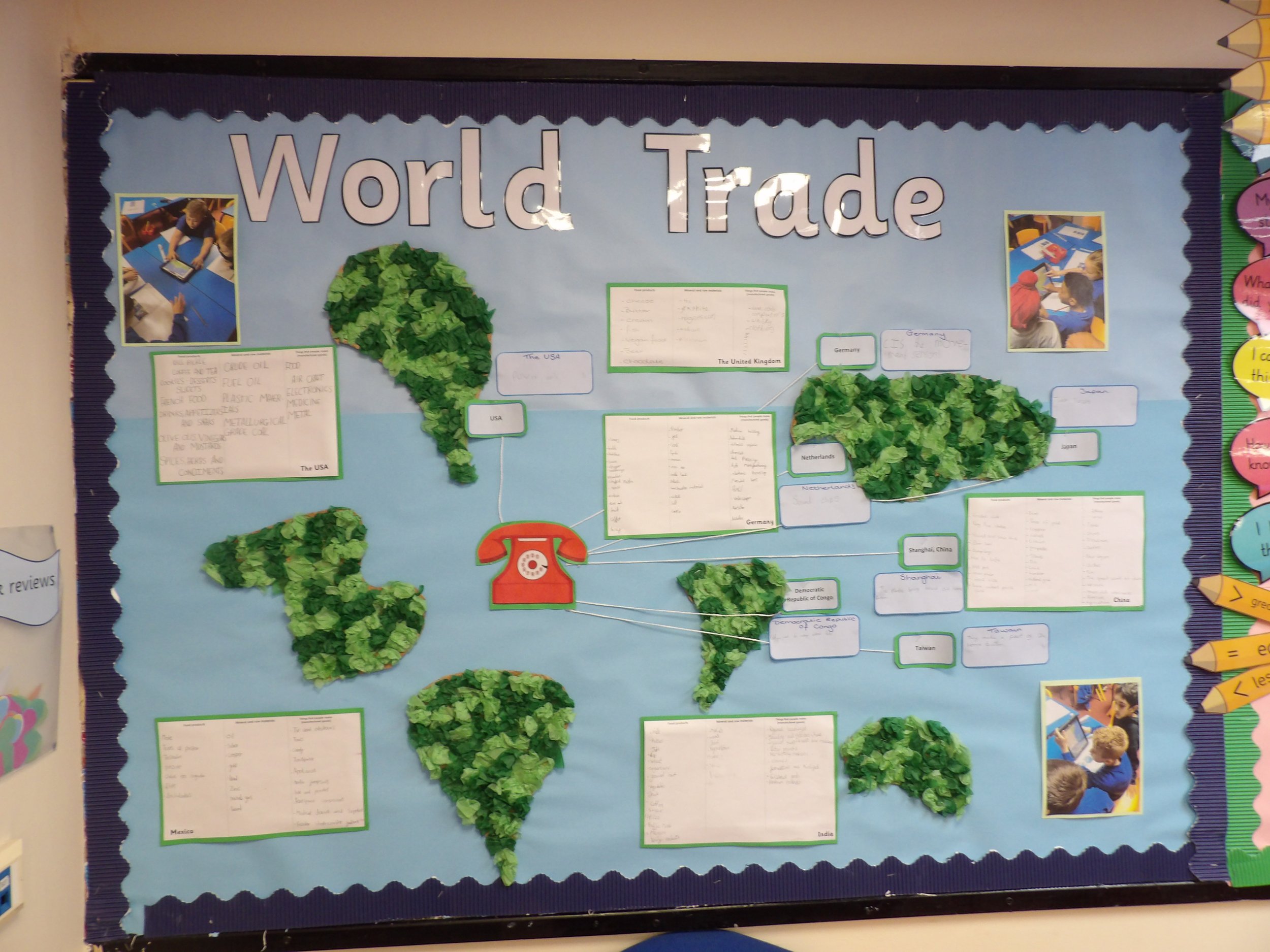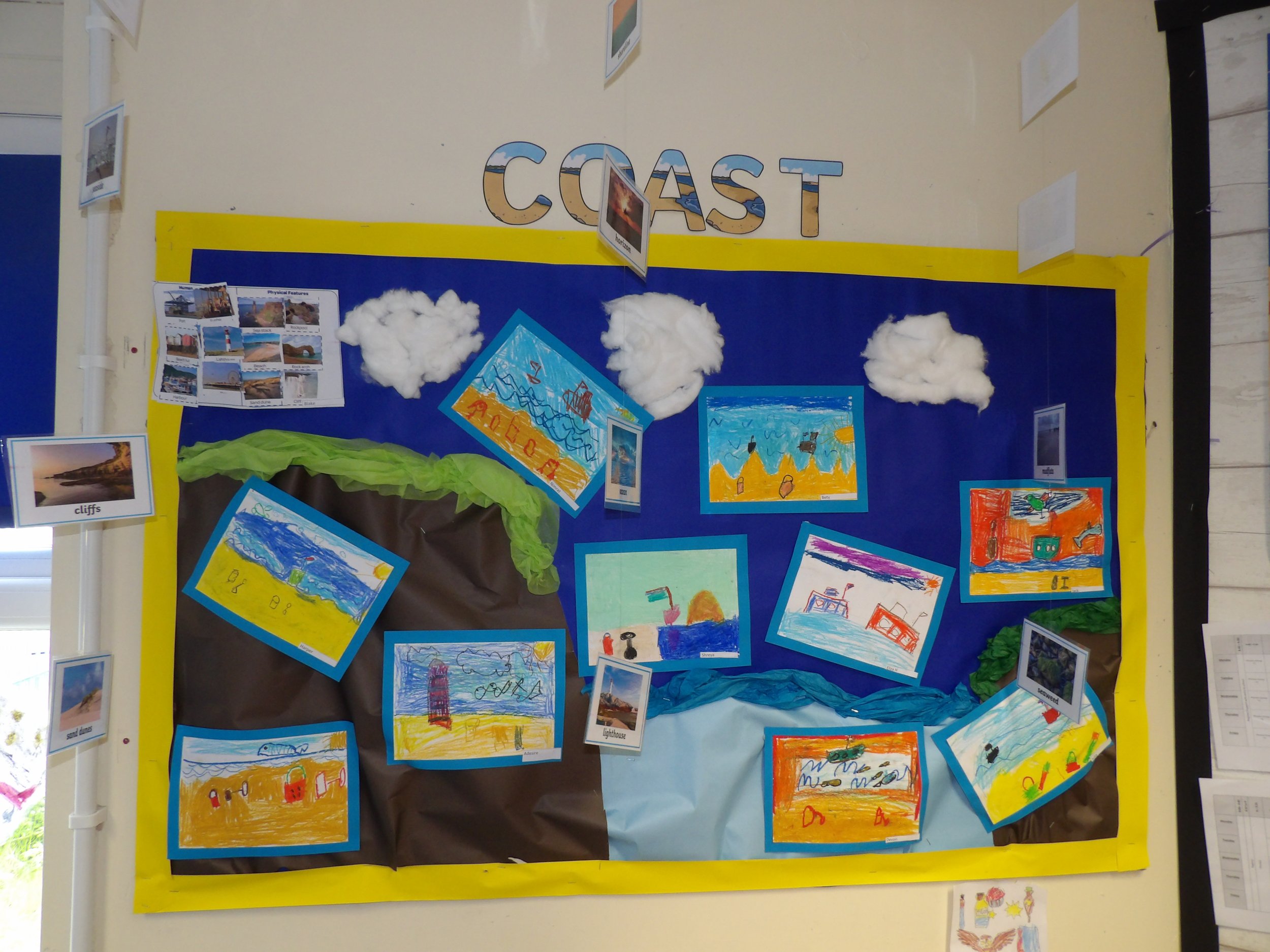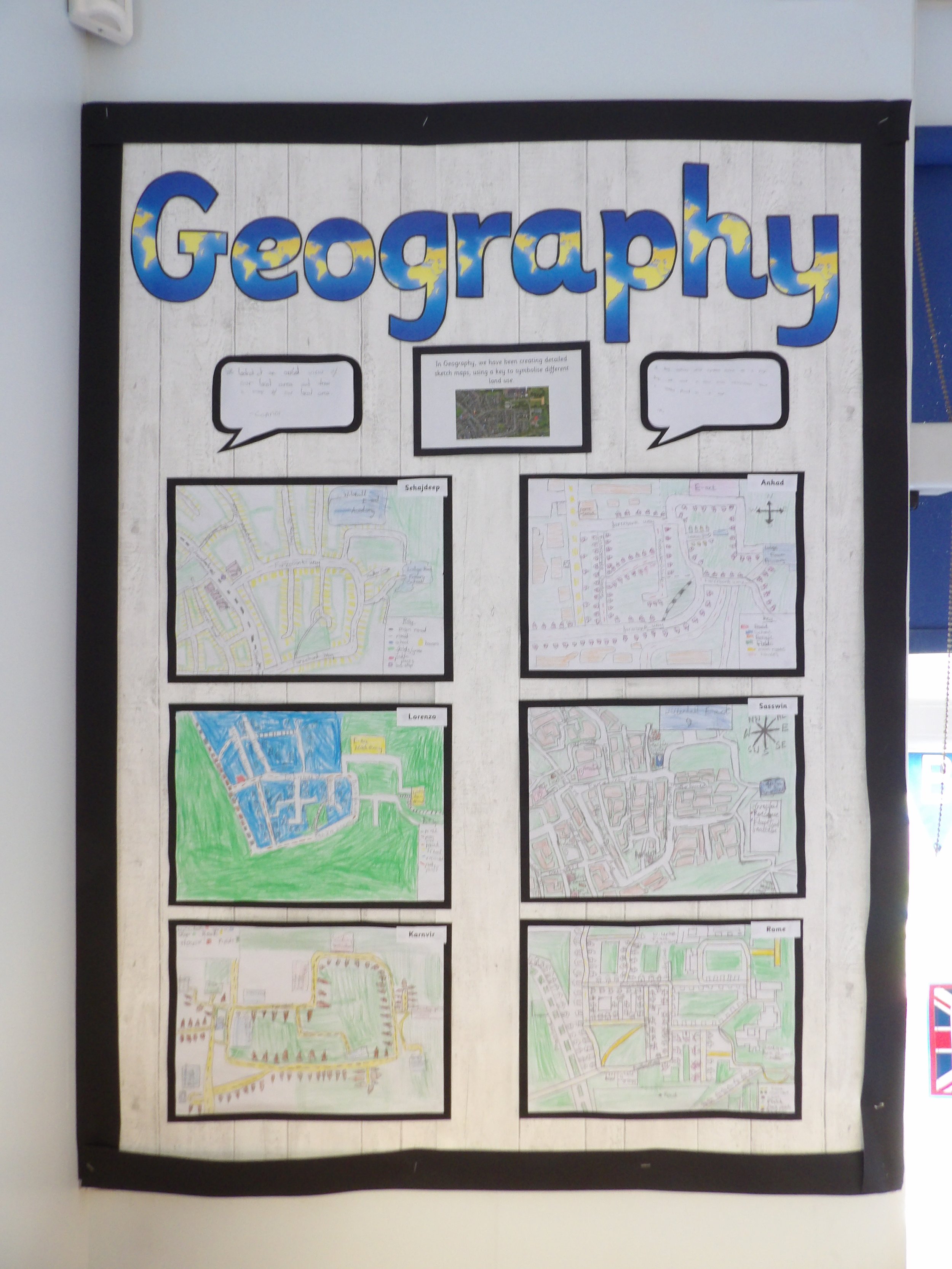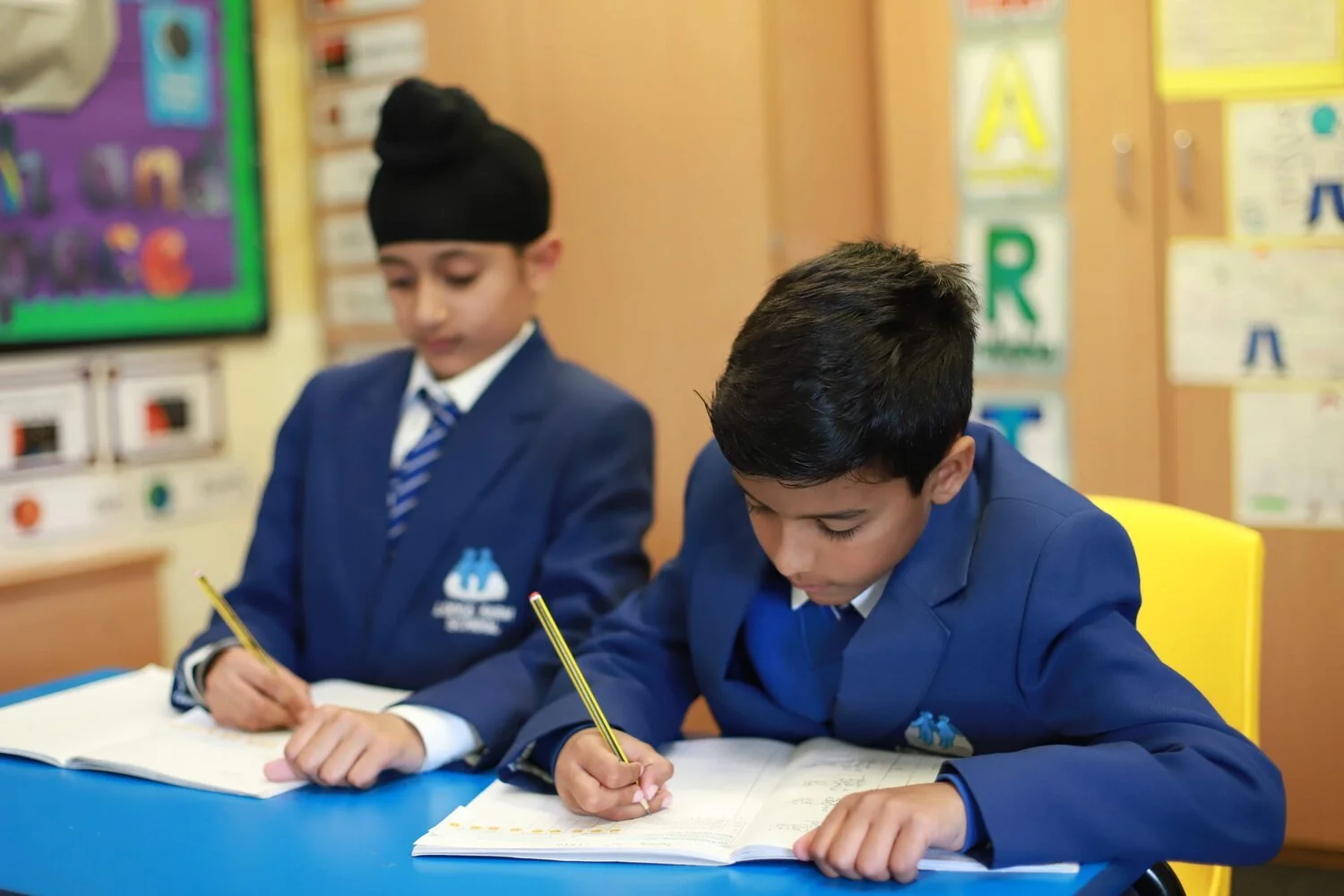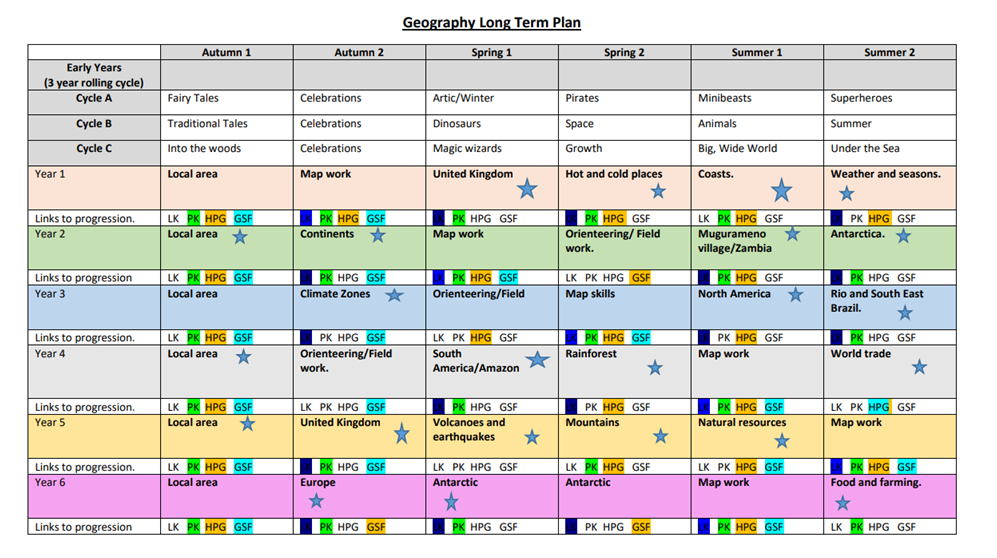Geography
Statement of Intent
At Lodge Farm, we are committed to providing a broad and balanced curriculum. We believe it is vital for our pupils to develop into passionate Geographers who use their geographical skills with confidence.
Teachers create a positive attitude towards geography learning and reinforce an expectation where all pupils can thrive and participate in their learning. Through effective teaching in Geography, pupils build on knowledge and skills through the following:
Geography is taught weekly in KS1 and KS2 withhigh quality planning which is created following the knowledge and skills progression document to ensure geographical skills are accounted for; using the Medium-Term plan to support this learning journey; where misconceptions can be identified, these are addressed in planning and delivery of lessons. Teachers are able to access different resources to support their planning, including using the Geographical Association and Odizzi. Whilst planning, consideration is given to how children, of all abilities, are challenged within each lesson, as well as how learners will be supported in line with the school’s commitment to inclusion.
In KS1, children begin to use maps and recognise physical and human features within the local area, building to using maps to explore the continents and oceans of the world in year 2. Further, in year 2, children will begin to compare where they live to places outside of Europe, and will begin to ask, and answer geographical questions.
In KS2, map skills are developed further using digital maps, more keys and symbols and children begin to use more fieldwork skills. Through revisiting and consolidating skills, our lesson plans and resources helpchildren build on prior knowledge alongside introducing new skills and challenge.
Allchildren expand on their skills in local knowledge, place knowledge, human and physical geography, geographical skills and fieldwork.
Across both key stages, children have a range of opportunities to experience geography through practical engaging tasks beyond the classroom.
Early Years explore Geographical themes and content through the ‘Understanding the World’ and ‘Mathematics’ strands of the Early Years Foundation Stage Profile (2022). Through this, children at the expected level of development will be able to:
Know some similarities and differences between the natural world around them and contrasting environments, drawing on their experiences and what has been read in class;
Understand some important processes and changes in the natural world around them, including the seasons and changing states of matter.
Explain some similarities and differences between life in this country and life in other countries, drawing on knowledge from stories, non-fiction texts and – when appropriate – maps.
Describe their immediate environment using knowledge from observation, discussion, stories, non-fiction texts, and maps.
Downloadable Documents
Curriculum Drivers:
Long Term Plan
Knowledge Organisers:

